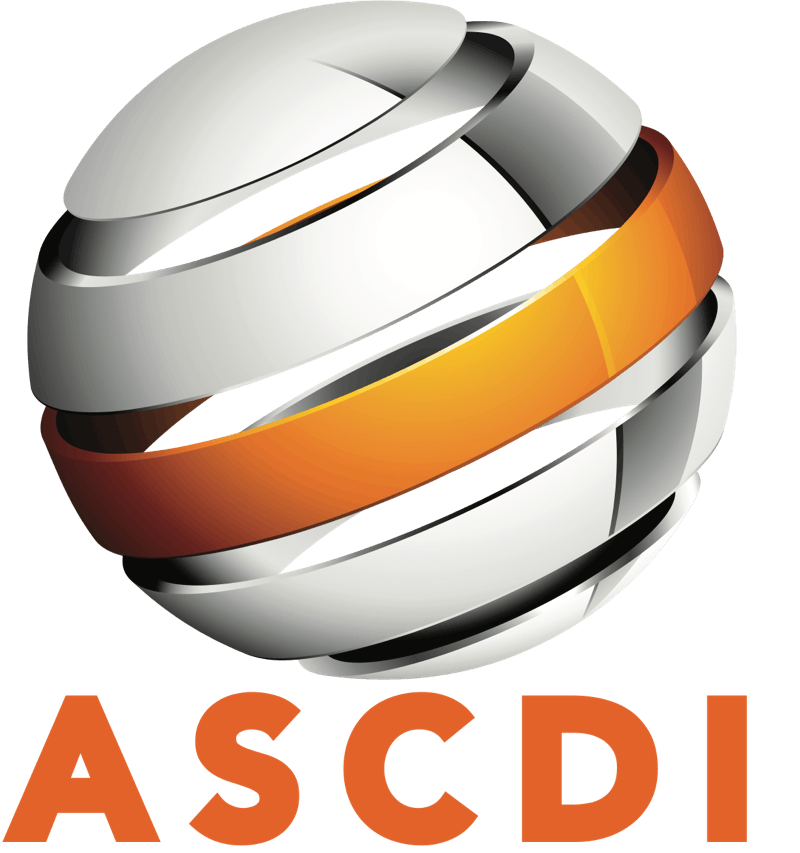Government Affairs
In December of 2019 the US Government announce changes with regard to reporting requirements for counterfeit and non-conforming goods that applies to contractors and subcontractors who deal with the U.S. Government. The Federal Acquisition Regulation (FAR) requires contractors and subcontractors that deal with U.S. Federal agencies to report certain issues regarding counterfeit and non-conforming goods to the Government Industry Data Exchange Program (GIDEP).
ASCDI-FAR-GIDEP-WEBINARDownload
US Trade Rep’s Office
In 2019 ASCDI reached out to the Office of the United States Trade Representative for with our comments on ways to reduce Trade Barriers for resellers. Read More
US COPYRIGHT OFFICE (USCO)
Copyright and trade laws around the world were instituted to promote innovation, protect intellectual property rights and protect the rights of companies who buy intellectual property. In short, if you own it you should have the right to do with it as you see fit.
The ASCDI fights to protect those rights. Companies that violate someone’s intellectual property rights have no place at the ASCDI. Likewise, we protect the rights of owners. If you own it, you should be able to resell it, gift it, loan it, rent it and repair it.
We’ve “gone to the mat” in the past and will do it whenever we see an injustice.
Copyright is a legal right that grants the creator of an original work exclusive rights for its use and distribution. This is usually only for a limited time. In recent years, some brand holders have misused copyright to try to prevent the resale and service by anyone other than themselves. The ASCDI along with Repair.org and the Owner’s Rights Initiative have asked the US Copyright Office to help prevent this misuse. Here is our Response to USCO on 6-11-2018
Lexmark v. Impression Products
Technology products are entwined in patents; the average smartphone, for example, is covered by approximately 250,000 patents. The products are often traded in secondary markets, and cross international borders, before they land with the end users. This trade is essential to keep supplies flowing and computers running, especially in times of shortage – for example the NAND flash memory shortage happening now.
- In copyright law under cases such Kirtsaeng v. John Wiley & Sons, Inc. (See below) and in patent law under cases such as Quanta Computer, Inc. v. LG Electronics, Inc., the Supreme Court has held that an authorized sale exhausts intellectual property rights in the item being sold. This logical and easy-to-apply rule allows products to move through commerce to where they are needed, and to be put to use, without fear of infringement liability.
In Impression Products, Inc. v. Lexmark, Inc., ASCDI is urging the Supreme Court to reaffirm this bright-line exhaustion rule as to patented products sold abroad or sold with purported “conditions.”
Amicus Brief filed by the ASCDI with the US Supreme Court
John Wiley & Sons v. Kirtsaeng
ASCDINATD members offer for sale a wide array of computer products produced abroad and imported for resale in the United States. As product manufacturing increasingly moves offshore, members need confidence that lawfully produced goods they purchase from offshore distributors and vendors can be resold in United States commerce free from unknown and unknowable claims of copyright infringement and constraints on consumer rights. A major part of the value proposition that members offer their customers is the right, if they choose, to lend, give away, or resell the goods they purchase.
The first sale doctrine is a time-honored rule of trademark and copyright law that enables products to be bought and sold throughout the world. The doctrine provides that once an item is sold with authority from the U.S. trademark or copyright holder, thereafter the item can be freely bought and sold.
For example, a clock radio carries a trademark and also has copyrighted embedded software. Under the first sale doctrine, once the manufacturer sells the clock radio the owner can later resell it – the owner doesn’t need to go back and seek permission.
Two federal appellate courts interpreted the first sale doctrine in a manner that would severely limit trade in goods manufactured abroad. In Omega v. Costco, the Ninth Circuit Court of Appeals held that the Copyright Act’s first sale doctrine doesn’t apply to products that were manufactured and first sold abroad. In the example above, if the radio was manufactured in Japan and first sold in Canada, the owner couldn’t sell it on eBay to a buyer in the U.S. without the manufacturer’s permission.
In John Wiley & Sons v. Kirtsaeng, the Second Circuit court of Appeals went even farther. That court held that the Copyright Act’s first sale doctrine never applies to goods that were manufactured abroad. In the example above, if the radio was manufactured in Japan and sold, for example, at Walmart, the owner couldn’t resell it at a garage sale, or on Craigslist, or anywhere else in the U.S. without the manufacturer’s permission. So the Ascdi sprang into action and filed a brief in the case in favor of free trade. When the Kirtsaeng case went before the U.S. Supreme Court on March 19, 2013 the Supreme Court issued a ruling in favor or Kirtsaeng siting the ASCDI amicus brief which we filed with the Court in its ruling. The Supreme Court reaffirmed the first sale doctrine as it has been understood by merchants and consumers for more than a century: If you buy something you own it and are free to resell it – regardless of where the item was manufactured or originally sold.
- ASCDI Comments to the U.S. Supreme Court re: First Sale Doctrine
- Transcript of Supreme Court arguments
- Supreme Court Ruling on the First Sale Doctrine
- ASCDI Press Release applauding the Supreme Court ruling
- Summary of the benefits to America of the Supreme Court Ruling and links regarding the First Sale Doctrine.
